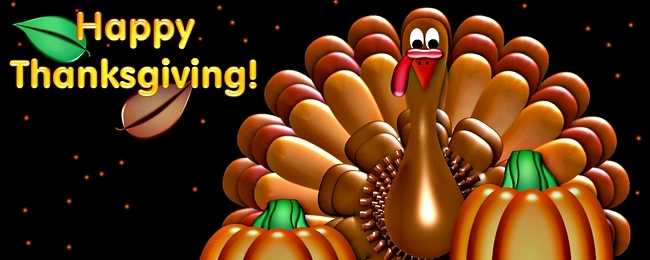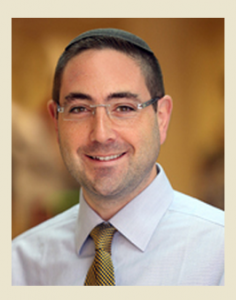What Does the Torah Say About Thankfulness?
Jews look to the Torah for deeper perspectives and additional insights into everything in life.
What light does the Torah shed on the wonderful trait of thankfulness? There is one particular mitzvah that is completely devoted to expressing gratitude: the mitzvah of bikkurim – the “First Fruits” (Deut. 26:1-12).
During the Temple era, every farmer was commanded to bring to the Holy Temple in Jerusalem the first fruits which ripened in his orchard. There he would recite a passage thanking God for the Land and its bountiful harvest. The fruits were then given to the kohanim (priests). The Midrash extols the great virtue of this mitzvah, going so far as to say that the Land of Israel was given to the Jews solely as a reward for the mitzvah of bikkurim that they would observe after entering the Land!
Wow…the power of saying “thank you!”
Thanksgiving: The American Sukkot?
There is a theory among scholars that Thanksgiving is actually modeled after the Jewish holiday of Sukkot.
The pilgrims who came to the American shores were steeped in the ideas of the Bible. There is evidence to suggest that in 1621, when the colonists in Plymouth Massachusetts survived a harsh winter and were blessed with a bountiful harvest, they recalled the Torah holiday of Sukkot and in imitation celebrated the first American Thanksgiving.
Indeed, Sukkot and Thanksgiving have a lot in common. For example:
Both holidays celebrate the agricultural harvest.
Both are holidays where we pause to enjoy our bounty.
Both involve sharing lavish meals and good food in the company of others.
The two holidays fall in pretty close proximity to each other. (If you’re Canadian, then the two are even closer!)
There are other connections between Thanksgiving and Sukkot, as well. In fact, the Pilgrim historian Caleb Johnson, clearly suggests that the Pilgrims modeled Thanksgiving after the holiday Sukkot. Furthermore, the Puritan pilgrim saw themselves as the new Israelites — hence many took Hebrew names, named their new settlements after the Land of Israel and the Books of Joshua and Judges, and viewed themselves as embarking on a new exodus journey to a new promised land. Their knowledge of Scripture was deep and personal — a celebration of autumnal bounty conducted by a people journeying from oppression to freedom would have resonated with them.
The “Sukkot theory” of Thanksgiving is certainly a conceivable one and might even be right on!

